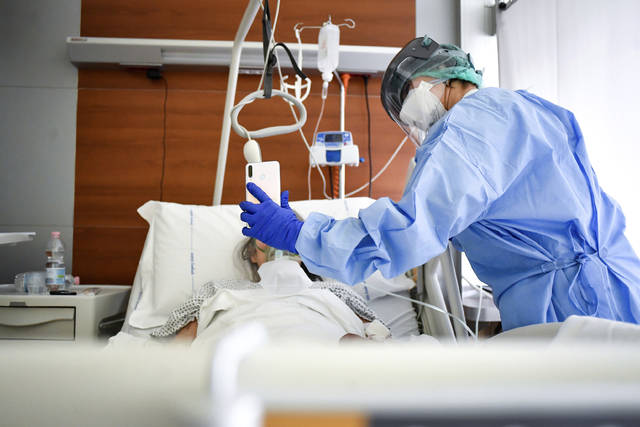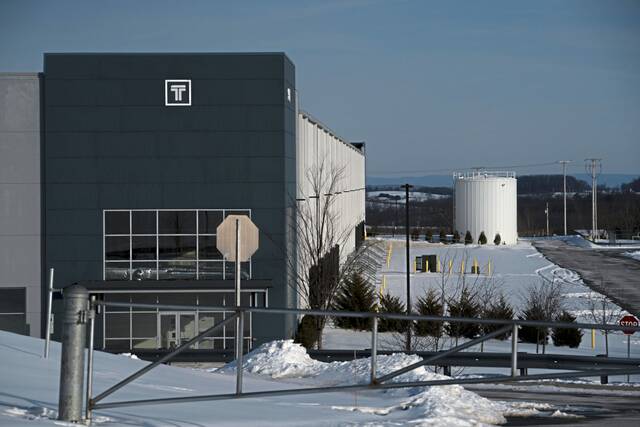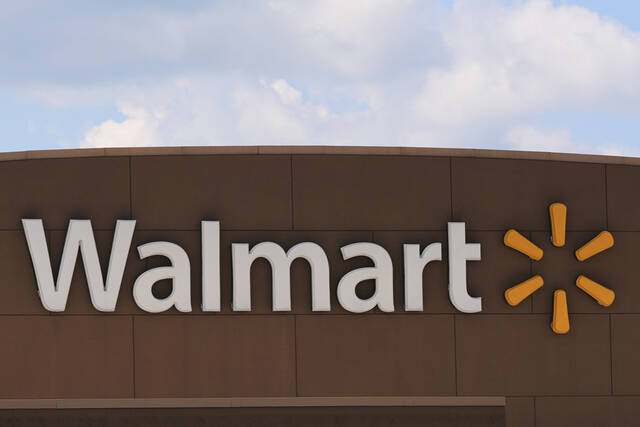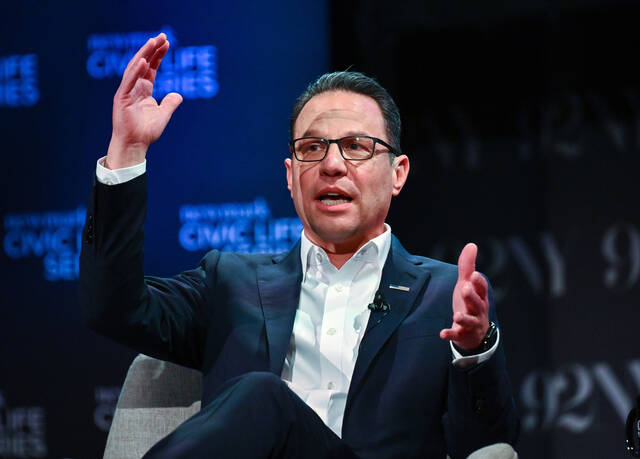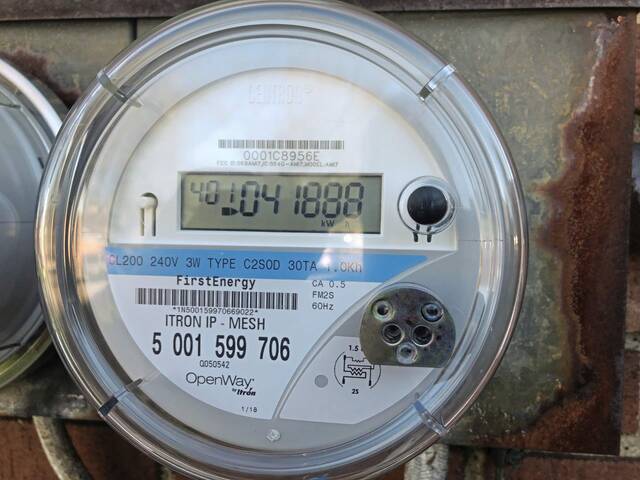Pennsylvania’s hospitals stand to lose as much as $2 billion every month the pandemic-spurred shutdown goes on, the state’s largest hospital advocacy group said Wednesday.
Gov. Tom Wolf’s order canceling elective medical procedures as part of the covid-19 measures is estimated to rack up $1.5 billion in collective monthly hospital losses, according to the Hospital and Healthsystem Association of Pennsylvania.
Hospital expenses directly related to combating the coronavirus disease — adding beds, buying extra protective gear and supplies, and covering child care and overtime for health care workers — are expected ring up an additional $500 million a month.
“Our hospitals have risen to Gov. Wolf’s call to suspend non-emergent services and prepare for a surge of covid-19 patients in Pennsylvania; however, doing so has placed unprecedented stress on their finances,” said Andy Carter, president and CEO of HAP, which represents more than 240 providers, in a statement.
Carter discussed what he described as “troubling trends” threatening the financial viability of hospitals statewide in response to a new report by the Pennsylvania Health Care Cost Containment Council, or PHC4.
Many hospitals already were operating on thin margins long before covid-19 arrived in Pennsylvania earlier this year, according to the PHC4 2019 Hospital Financial Report published Wednesday.
Collectively, the statewide total margin realized by hospitals providing general acute care rose slightly last year — up to 7.15% in 2019 compared to 6.6% in 2018, the report found. Yet more than one-third of all hospitals operated in the red last year, and another 29% had slim margins of 4% to 0%.
“This report only underscores the fact that many hospitals — which are the economic engines of the communities they serve — are at a real risk of closure,” Carter said. “An event of this magnitude has placed unprecedented strain on our health care system. And we must do everything to ensure that they remain open and able to treat patients during this crisis and beyond.”
Meanwhile, hospitals are bracing for a spike in uncompensated care — which refers to a combination of charity care and bad debt — as Pennsylvania gets inundated by record-high jobless claims attributed to the pandemic.
Hospitals statewide paid $820 million in uncompensated care last year, up from $750 million in 2018. The percentage of uncompensated care to net patient revenue climbed from 1.66% in 2018 to 1.72% in 2019. It marked the first such increase in five years.
“This significant change, along with meager gains in operating and total net income, comes well before the coronavirus covid-19 crisis,” said Joe Martin, executive director for the Pennsylvania Health Care Cost Containment Council, in a statement. “Many hospitals will face serious financial challenges as Pennsylvania works to mitigate the fiscal impact of the epidemic.”
Local hospitals not endangered
In Western Pennsylvania, there are no reports from local hospitals in imminent danger of closure or confronting dire financial straits because of the pandemic.
But local leaders have said that more financial assistance would be welcomed, as hospitals struggle to pay for fixed costs and extra needs while grappling with large drops in revenue.
According to Carter, not being able to rely on non-emergent or elective procedures could cause some hospitals’ revenues to plummet by as much as 40%.
Soon after Wolf announced the order halting non-elective surgeries in mid-March, UPMC took issue with the blanket ban. UPMC physicians later clarified that the state’s largest hospital provider would nix all non-urgent procedures but not necessarily all “elective” ones, defined merely as care scheduled in advance.
UPMC hospitals have canceled as much as two-thirds of scheduled surgeries, however, in line with others around the state. A team of physicians must approve every surgery deemed necessary because postponing it could cause the patient harm.
It remains unclear when the Wolf administration may adjust the order.
On Friday, more than 12,600 Pennsylvania health care facilities learned they will share in $1.25 billion from the first stimulus payments disbursed via the CARES Act federal government’s coronavirus relief stimulus package. A total of $100 billion is earmarked for health care providers in the legislation.
It’s unclear just how much each hospital will get.
Separately, Wolf announced Friday the state-funded Hospital Emergency Loan Program, which makes available $450 million in low-interest loans.
Hospital leaders have said they are looking to both state and federal leaders for more forms of financial relief.


